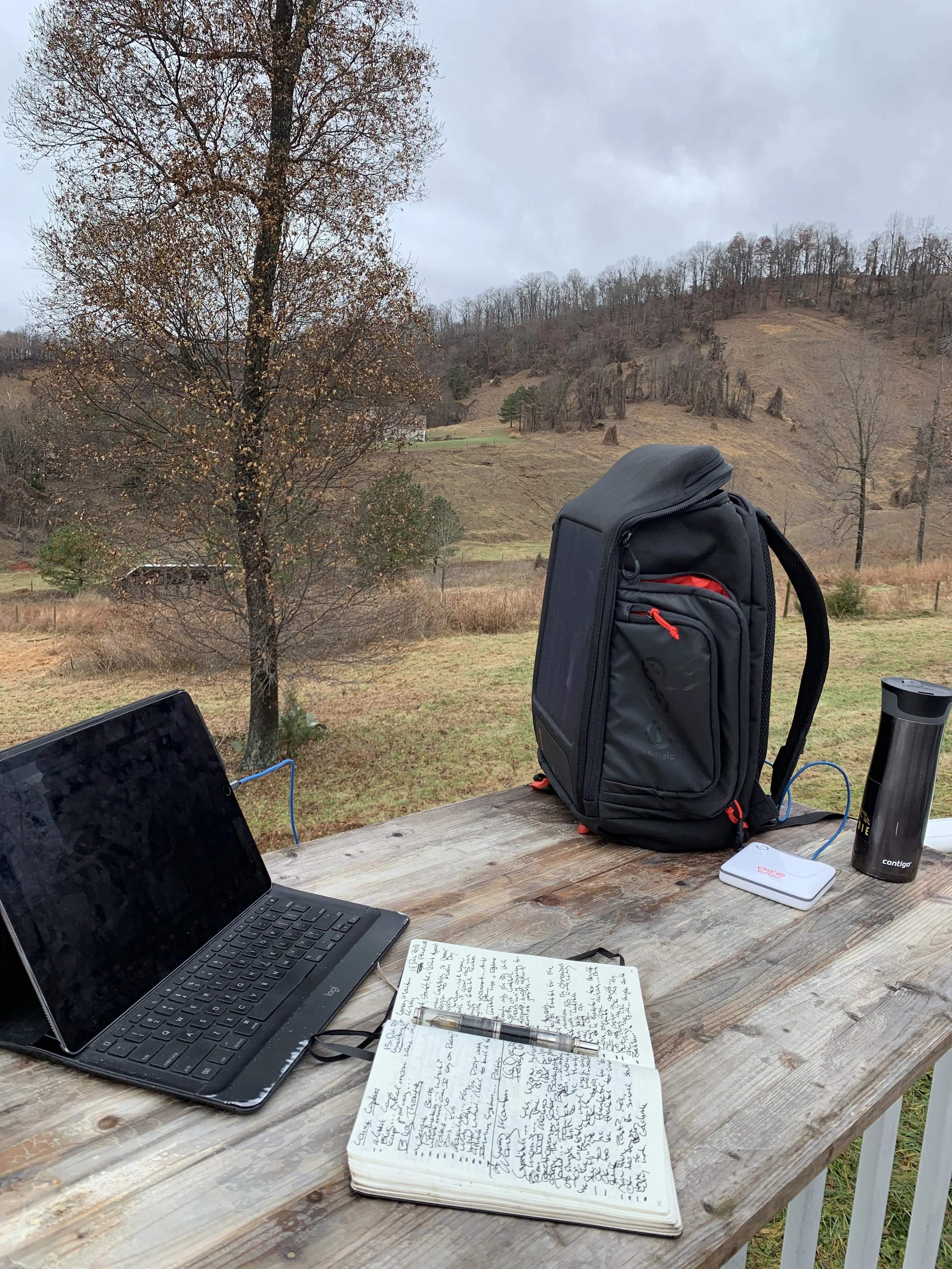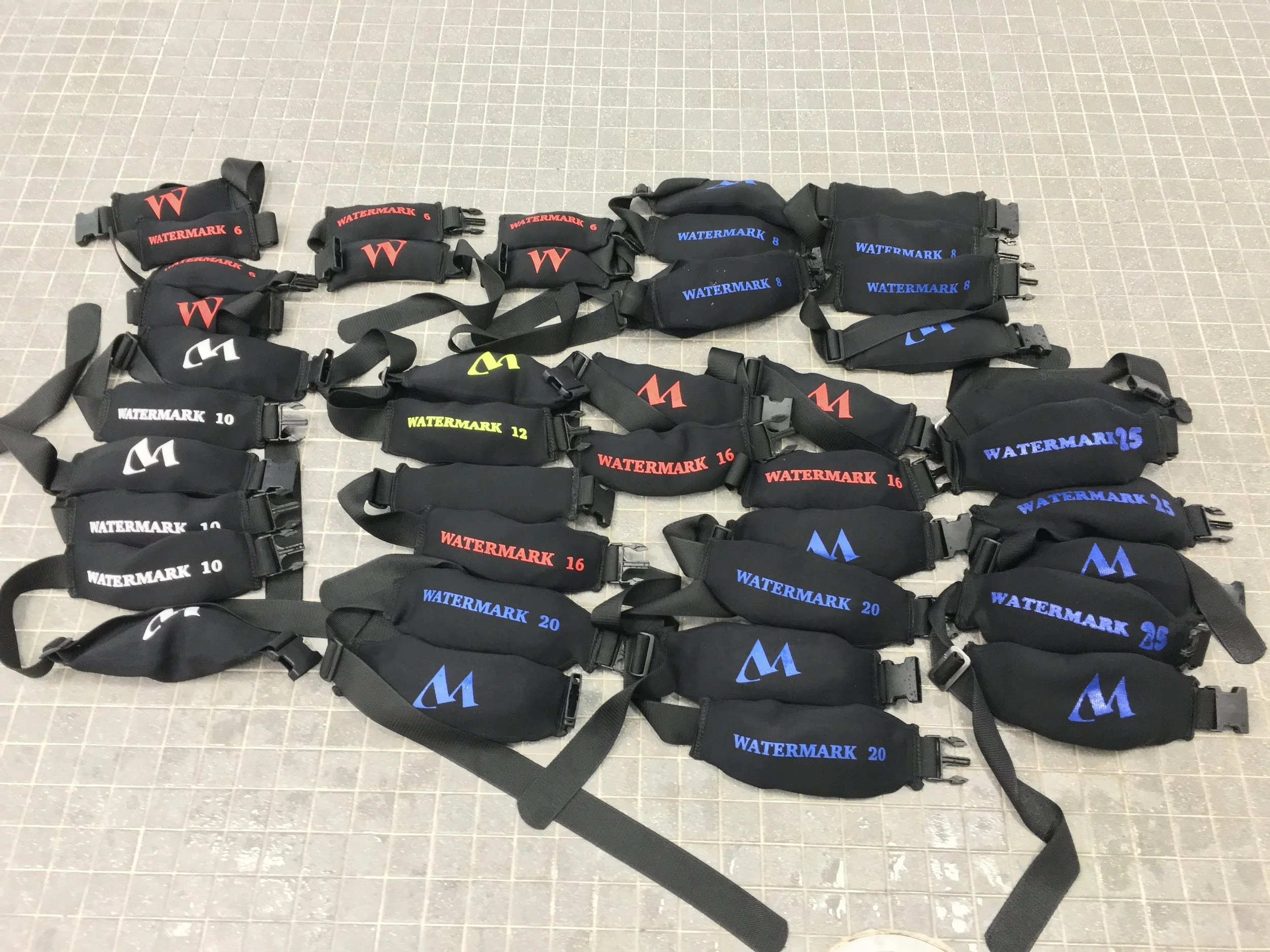Why It Is OK To Be Grateful for Material Things
We know gratitude is good. Those of us who desire higher levels of life satisfaction, purpose, fulfillment, cognitive performance, and general happiness include some form of gratitude practice in our daily high-performance rituals. From ancient religions to modern day biohackers, we’ve known throughout time immemorial that gratitude is powerful, life-changing, and provides myriad physical, psychological, and cognitive benefits. Much like meditation, the science is now proving what the ancients knew all along. Yes, gratitude is good, and we know we should make the daily practice of thankfulness a rock, a core principle in our quest for more and better, for higher performance in all areas of life.
My goal today is not to encourage a gratitude practice, nor to attempt to prove through religion, science, or anecdotal evidence why it works. It does work, and those of us in the know, know. My thoughts today are not for the skeptics or nonbelievers, for I choose not to waste my time on what I consider a flat earth mentality. Horse, water, drink and so forth.
For the rest of us, I must warn you - gratitude is in danger. I must push back against a growing trend of minimalist thinking that has turned the practice of gratitude into a righteousness contest. There is a movement that believes only the big stuff, the critical issues, and the core principles of life are worthy of our gratitude, as though they’re competing for the deepest, most eloquent, and most sensational expression thereof. This movement frowns upon material possessions, small things, and the day to day stuff of life for targets of gratitude, as though it beneath them to consider that yes, material possessions could, in fact, inspire deep appreciation and thankfulness. While we should not sweat the small stuff, we also need not forget the small stuff or consider it inconsequential.
I believe in many cases it is the smallest things, material possessions or otherwise, that inspire the most profound sense of gratitude and provide many of the aforementioned scientific benefits. In short, yes, you can be thankful for “stuff.” Being grateful for material objects is good. It is OK to show gratitude for the mundane, the silly, the trivial, and the seemingly unimportant.
The minimalist movement does not own gratitude, nor do they make the rules. We must take back gratitude, for, by the very definition, there are no limits for that which we may be grateful.
Gratitude:
Appreciative of benefits received
Affording pleasure of contentment
Pleasing by reason of comfort supplied
I see quite a broad swath of options there, indeed. Now a caveat - I am not implying that material possessions should form the bedrock of our gratitude practice. There are core values and principles that align to purpose, fulfillment, and the reason for life itself that material possessions should not supersede. In no way, shape or form am I implying that you should experience more gratitude for your new car than for your family. But don’t feel shame or guilt for expressing feelings of appreciation for the car!
Anchor your gratitude on core principles. Anchor your thankfulness on family, Faith, love, life, purpose, fulfillment, and so on. Work tirelessly to keep your heart (or your neurons) in line with the important as the foundation for your gratitude practice. After that, again, push back against the minimalist movement that asserts nothing comes after the core principles.
Consider a thought experiment: Many success gurus, biohackers, business leaders, consultants, those in religion, and blog artists, in general, recommend a gratitude practice. Every day write down three things you are grateful for, they say. Do not stop the habit, they say. After the first week of this new habit, you exhaust family, friends, good health, employment, air, water, food, shelter, good luck, religion, general safety, and ten more after accounting for the above core anchors (and then some). What then for week two, three, and so on? Should we repeat the cycle, ad infinitum?
I take a different approach and encourage you to do likewise. I am grateful for a wide array of “stuff” in the general sense. Life is good, and frankly, there is much for which we should give thanks. Yes, I have my core list of the significant, essential gratitude principles. They are the bedrock to which I anchor my practice, and I listed them above. I get the big picture. I do believe that searching for happiness in the unimportant is futile and write about such matters frequently. However, I express gratitude for material possessions, without shame or guilt, and encourage you to do the same.
Three small examples:
Six years ago I bought a high-performance fountain pen. German engineered with platinum plating; it is a beautiful piece of technology (cognitive artifact, as David Allen would say) with an oblique broad nib and a piston-only fill system. Concerning writing instruments, few pens in the world match its style, and performance. While yes, it is a material possession, and yes, it is “just a pen” as some would say, I am grateful that I have the opportunity to experience the joy and satisfaction of writing with such an instrument, and doing it every day. Journaling, workout writing, letters to recruits, friends, and family...this pen handles it all and does so with the elegance, flare, and performance that only a fountain pen provides. Am I grateful? Indeed!
Three years ago my extended family jointly contributed to buy me the first edition, 12.9 inch iPad Pro as a Christmas gift. One full-length book and 86 articles with over 100,000 words later, you better believe that I am grateful for their generosity and this iPad, perhaps the epitome of modern American materialism. It is a dream for writers (mobile writers specifically) and is the perfect tool for me to combine my work at Liberty and to write articles for this site. It replaces a laptop completely, and I have a good feeling I’ll never buy another; the iPad Pro does it all, and I am thankful to have the opportunity to work with such an excellent piece of technology.
I enjoy hiking, outdoors, and being in nature in general, and plan on building a tiny cabin in the woods as a retreat for solitude, thinking, deep work, writing, and just to get away from it all, so to speak. For the Apple diehards, we know that three years is about the maximum for an iPhone/iPad battery, and my trusty iPad Pro’s battery is starting to go. The solution? I could buy the latest 3rd generation Pro, and I will at some point. But until then, I discovered another material possession for which I am incredibly grateful - a solar-powered hiking backpack.
Genius comes in many forms, yes, and wouldn’t you know it, with all of our getting, we can now buy solar powered hiking backpacks. A part of me sees the point of the minimalist movement, guffaw, but consider the practicality of such a tool in this hypothetical situation:
- My iPad Pro battery does not last as long as it did when it was new.
- After a good hike to the tiny cabin, I sit (or stand) to write.
- After a few hours, my battery dies.
- What now?
As it were, the solar-powered backpack has a built-in battery that charged during the hike, and I just plug my iPad into the battery to continue writing. The pure brilliance is that it could be dark at this point, yet no sun needed, the battery pack is ready to go. Now imagine a three week thru-hike or longer; the possibilities for great writing and great work, in general, are limitless. Grateful? To not express gratitude for such simple material brilliance is poor form, to say the least.
I do not anchor my gratitude on pens, backpacks, or other material possessions, and you shouldn’t either. I also do not feel shame or guilt for expressing gratitude for such things. The minimalist movement has lost sight of the joy in the small stuff of life, whether sports memorabilia, coin collections, tech gadgetry, or other seemingly trivial matters. We must not follow their path.
There is much for which we can be grateful, and if a material possession is pleasing by reason of comfort supplied, by all means, express a deep appreciation for said possession. Push back against those who shame or guilt you for expressing such beliefs. Share this article with anyone who might be suffering from minimalist self-righteousness. By definition, gratitude is all-encompassing, and for a more robust, fulfilling, and high-performance life, try finding the gratitude hidden in all things, backpacks included!




